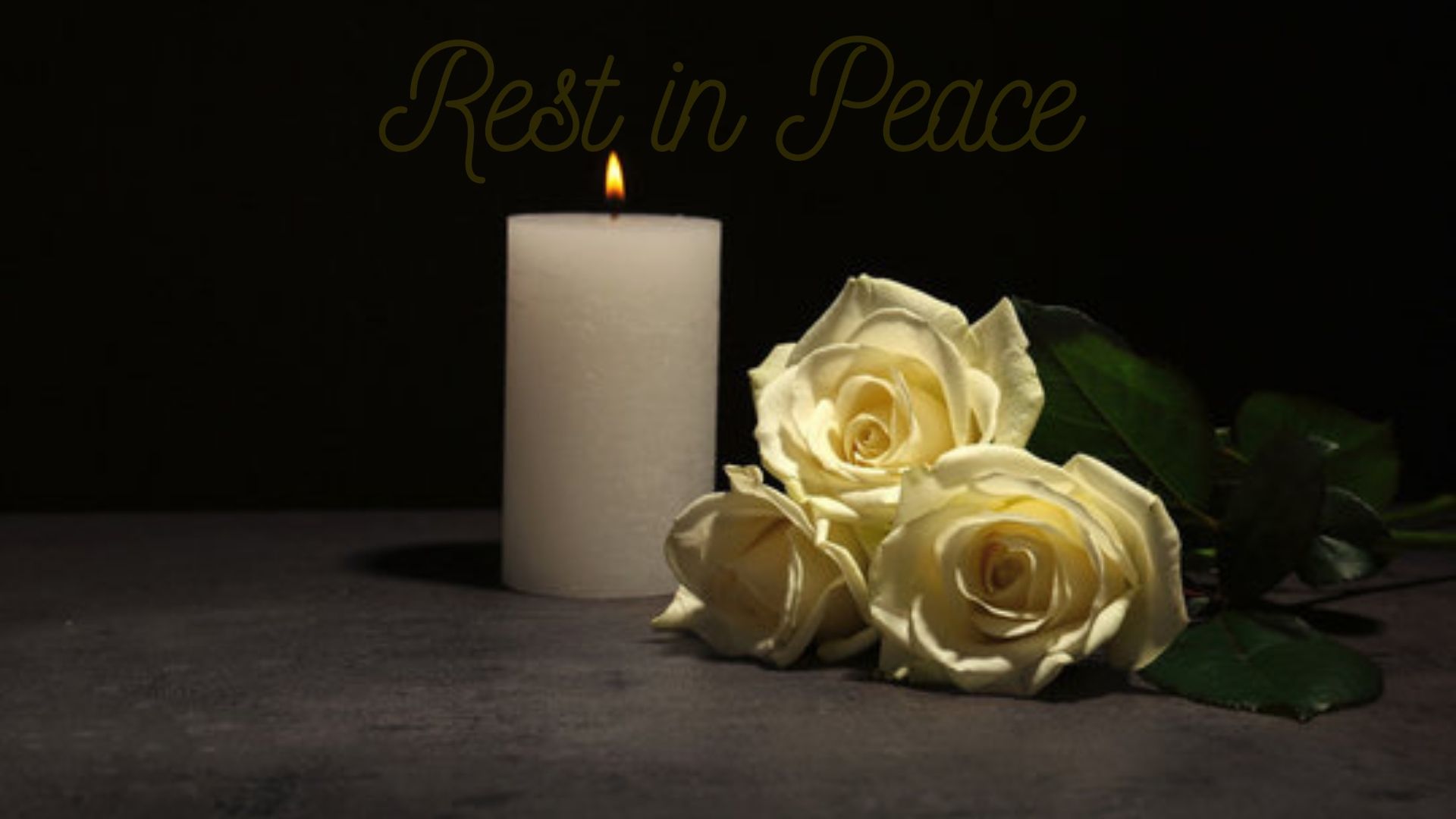Lorenz A. dies in fatal Oldenburg shooting
Lorenz A. dies in fatal Oldenburg shooting
Fatal Oldenburg shooting death of Lorenz A. – Obituary
Civil rights groups are demanding an independent probe after 21-year-old Lorenz A., a Black man, was shot and killed by police outside a nightclub in Oldenburg, Germany. His death has ignited national protests and renewed concerns about racial bias in German policing.
Authorities said a 27-year-old officer shot Lorenz A. multiple times in the back. An autopsy revealed that Lorenz was struck in the back of the head, torso, and hip, with an additional grazing wound to his thigh. He later succumbed to his injuries at a nearby hospital.
Initial statements from prosecutors indicated that Lorenz A. had earlier threatened nightclub security staff with pepper spray and a knife when refused entry.
Police claimed he continued to act aggressively when they approached him, allegedly brandishing pepper spray.
However, by Monday, investigators said preliminary evidence, including video footage and witness accounts, did not support the claim that Lorenz was armed with a knife at the time of the shooting.
Adding to public outrage, authorities confirmed that the officers’ body cameras were turned off during the incident, which is permitted under German law as officers are not required to have the devices recording at all times.
The shooting drew more than 10,000 demonstrators to a “Justice for Lorenz” protest in Oldenburg on Friday. Vigils were also organized across major German cities and in Vienna, Austria.
Amnesty International and the Black People in Germany Initiative (ISD) have both called for an independent investigation, criticizing internal police inquiries as biased and demanding mandatory use of body cameras during weapon-related operations.
The killing has drawn parallels to the 2020 murder of George Floyd in the United States, further fueling demands for independent oversight and structural reforms within Germany’s police forces.
Activists have also referenced the case of Oury Jalloh, an asylum seeker from Sierra Leone who died under suspicious circumstances in a German police cell in 2005, as a longstanding symbol of alleged systemic racism.
While Germany historically reported low numbers of police-involved shootings  around 10 deaths per year  that figure has more than doubled recently, with 22 fatalities reported in 2024 alone.
A study from that year also found that nearly one-third of German police officers admitted to overhearing racist remarks from colleagues, underscoring persistent concerns about the culture within law enforcement.


Post Comment